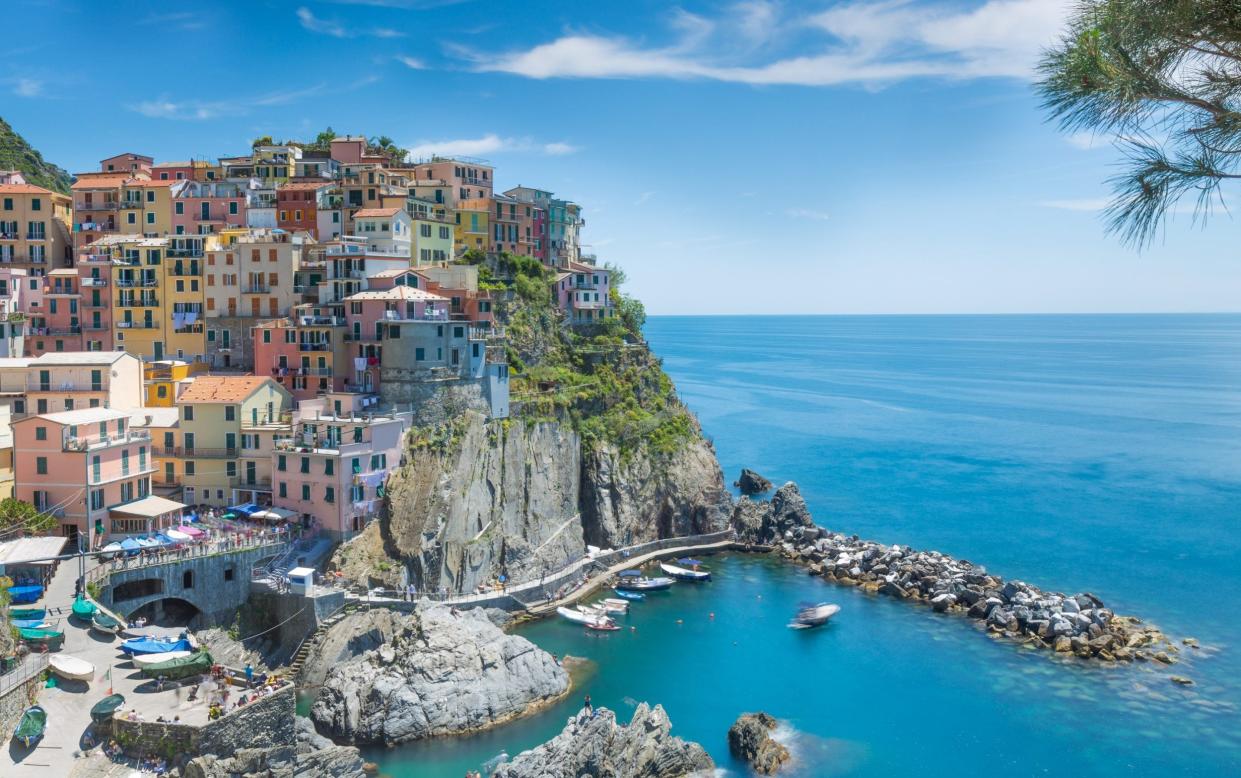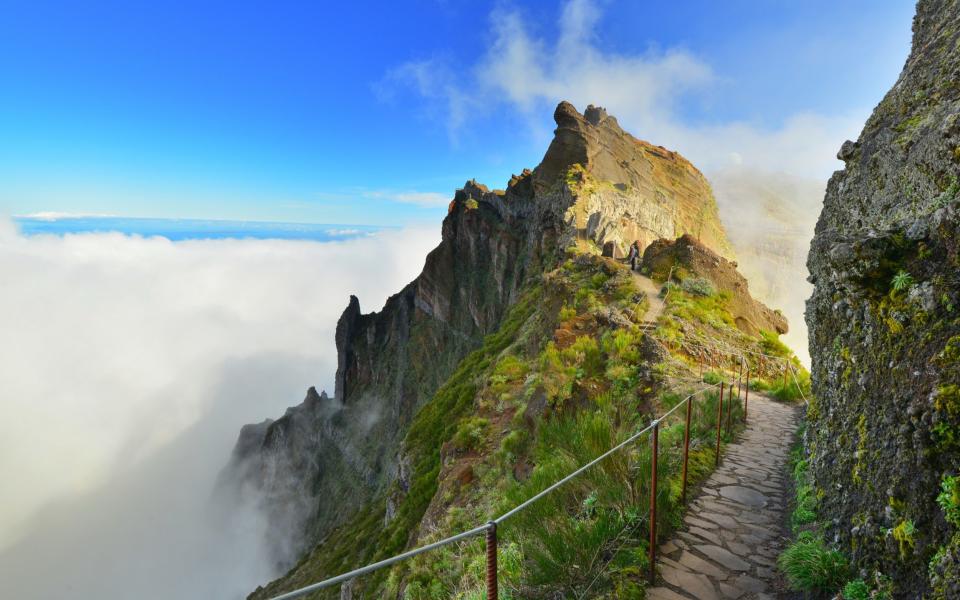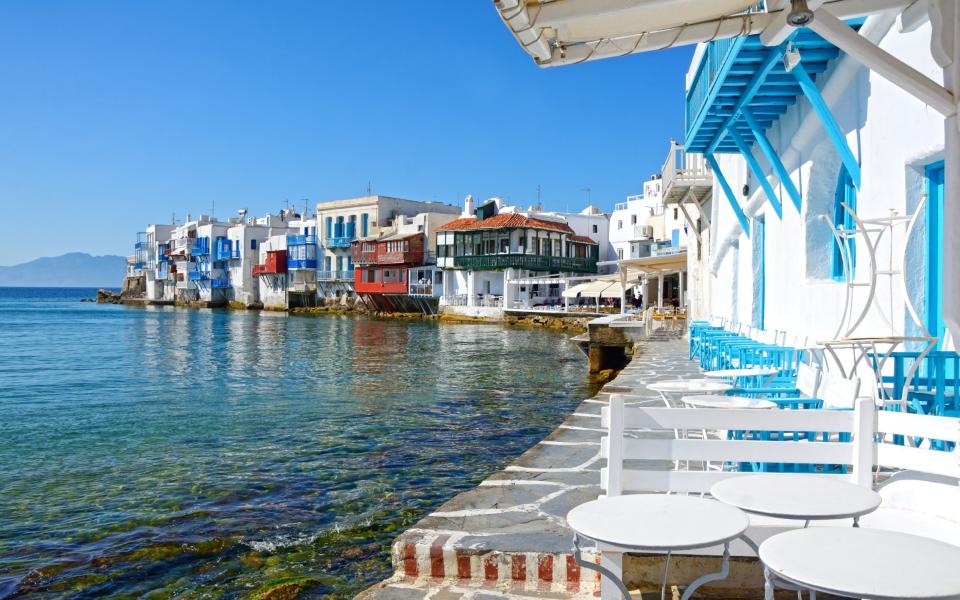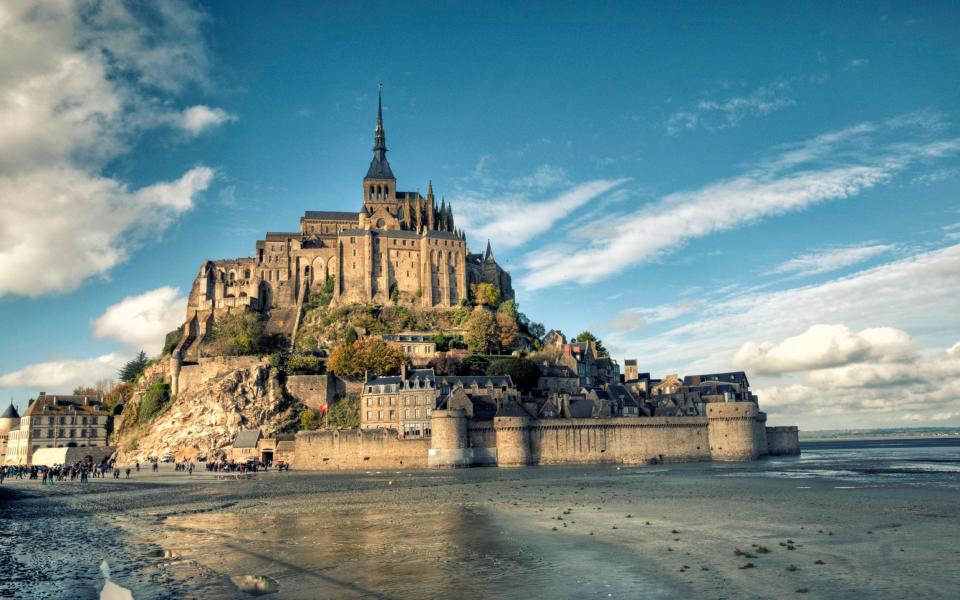Which of the ‘Big Five’ European holiday destinations is your best bet for a summer escape?

It is crunch time. It feels like much of the to-ing and fro-ing regarding travel restrictions is finally coming to a head in time for the summer holidays.
Last week, the Government indulged us in another update to its traffic light system, moving several countries from green to amber, amber to red, and vice versa. And now, Freedom Day, which represents both wanton abandon to the whims of the coronavirus on British shores, but also the dawn of a new era of double-jabbed quarantine easing, is finally upon us. From July 19, fully vaccinated Britons will no longer need to self isolate on return to the UK, painting the amber list (bar France), for all intents and purposes, green.
At the same time, European nations are battening down the hatches as the Delta Variant that has taken hold in England threatens their own reopenings.
All of this makes booking a holiday on the Continent like putting your house on black: risky.
Still, there is hope; hope that vaccine rates are rising across Europe, breaking the link between cases and hospitalisations, and hope that the EU is fine-tuning its Covid passport.
Below we consider the Big Five – Italy, Greece, Spain, Portugal and France – and their current potential for a summer break, from infection and vaccine rates to prevalent attitudes and existing restrictions. Let’s roll the dice.
Spain
Infection rate: 287 per 100,000 (seven-day average)
Vaccine rate: 68.47% (first dose), 52.22% (second dose)
Current colour: Amber
Spain was one of the countries last week to tighten restrictions in the face of growing cases.
Night curfews are to be reimposed in more than 30 towns in the Mediterranean region of Valencia, including in the city of Valencia itself and popular coastal destination of Benicassim. Social gatherings of more than 10 people will also be banned.
The country said its coronavirus case rate had tripled in just two weeks.
What’s more, the Balearic Islands, which include Majorca and Ibiza, have seen such a spike in cases that they switched from the green watchlist to the amber list this week, forcing some British holidaymakers into an unexpected quarantine on return to the UK.
Spain also tightened restrictions on British arrivals, introducing a testing requirement at the start of July. Contrary to the French, though, Spain has been keen to reopen the country to visitors and clearly aware of the economic benefits of its tourism sector.
Just last week, Tourism Minister Reyes Maroto said Spain remains a secure place for tourists to visit despite the surge in cases.
“Spain at this time can be considered a safe destination,” Maroto said in a news conference after the government’s weekly cabinet meeting in Madrid.
Portugal
Infection rate: 192 per 100,000 (seven-day average)
Vaccine rate: 66.83% (first dose), 44.84% (second dose)
Current colour: Amber (except for Madeira, which is green)
Portugal has been one of the keenest of our European nations to welcome back British tourists. It was all going to plan when the country was one of the first to go green, until it hosted the UEFA Champions League final between Manchester City and Chelsea and then a week later was plonked on the amber list.
It has now considerably tightened restrictions, with non-vaccinated Britons needing to quarantine for 14 days. This is not true of Madeira, the Portuguese island off the coast of Africa, but is for the mainland.
Portugal has also suspended the easing of its lockdown measures, with curfews and restaurant capacity limits still in place.
There is no word yet when Portugal will ease its quarantine restrictions for arriving Britons, which is by far and away the greatest hurdle. Madeira’s enthusiasm for tourists is, however, encouraging.

Greece
Infection rate: 150 per 100,000 (seven-day average)
Vaccine rate: 56.85% (first dose), 46.15% (second dose)
Current colour: Amber
Greece also tightened restrictions last week and warned against further limits on the freedoms of unvaccinated Greeks as the Delta Variant caused a rise in cases.
On the plus side, this was done with the view of protecting the summer season for tourists.
The fresh restrictions, in place across the country including on the islands, mean customers at indoor restaurants, bars and cafés will be required to prove they have been vaccinated.
The move will also oblige customers at nightclubs, cinemas and theatres to be vaccinated and seated. Dining outdoors will not require proof of vaccination or a test.
"It is crucial not to give the impression that we are losing control of the pandemic so that our tourism industry can go on and operate normally," Development Minister Adonis Georgiadis told a news conference this week.

Holidaymakers will be heartened further by the assessment of the Greek tourism minister Haris Theoharis, who said tourists were not to blame for the latest surge. The government seems keen to ensure holidaymakers can still visit this summer.
"The opening of tourism was done very carefully, in the first 10 days of July just 74 out of 105,609 samples taken at the country's entry points were positive, just 0.07 per cent," said Theoharis.
"Our country does not have a problem with the opening of its borders," he added. "The rise in infections is not related to tourism."
That said, on July 17 the Greek island of Mykonos banned music and singing in bars and imposed a nighttime curfew a day after four England football players were filmed belting out 'Sweet Caroline' at a restaurant.
Italy
Infection rate: 14.87 per 100,000 (seven-day average)
Vaccine rate: 68.46% (first dose), 44% (second dose)
Current colour: Amber
Italy has by some considerable distance the lowest infection rates of the Big Five. This means it has something to protect.
Until at least July 30, all arriving Britons must quarantine for five days, as well as presenting a negative antigen test. The country has not given any indication as to the plan come August, but the case rates in the UK (23 times that of Italy) will give authorities pause for thought.
There are also a number of restrictions still in place, domestically, in the mandatory wearing of masks in some outdoor spaces, capacity limits in venues and the prohibition of “indoor parties”.
France
Infection rate: 46.49 per 100,000 (seven-day average)
Vaccine rate: 64.12% (first dose), 44.25% (second dose)
Current colour: Amber
Unlike some European nations, France has never voiced concern about the absence of British tourists. Where Portugal and Greece have gone out of their way to make positive noises about the return of visitors, France has been happy to focus on its domestic issues.
This is despite being the most visited country in the entire world for international tourists, and the second most popular with British holidaymakers, behind only Spain.
President Macron confirmed this outlook this week when he said France would tighten restrictions at its borders (rules were already fairly tight) to guard against the Delta Variant, while authorities focussed their energy on vaccine uptake in the country.

In practice, this means unvaccinated travellers from the UK, which is currently on France's orange list, would have to provide a negative Covid test taken less than 24 hours before travelling, said Clement Beaune, the Europe minister.
They will still need to have an "urgent reason" to travel. Currently, the test can be taken within 72 hours of travel. Fully vaccinated Britons are allowed to enter France without an essential reason, as long as they have a negative PCR or antigen test and proof of vaccination status.
So nothing of dramatic impact, but it does signal France’s concerns over British visitors. It is not the first time our Gallic neighbours have been wary of easing access for Britons; they also tightened restrictions last autumn as the so-called Kent Variant was ravaging the South East.
All of this suggests France is not a great bet for a summer booking. Even if with the relaxation of amber rules for fully vaccinated travellers, France is not declaring itself as 'open' for leisure travellers. It seems unlikely Macron will change this until he is happy with the vaccine rollout.